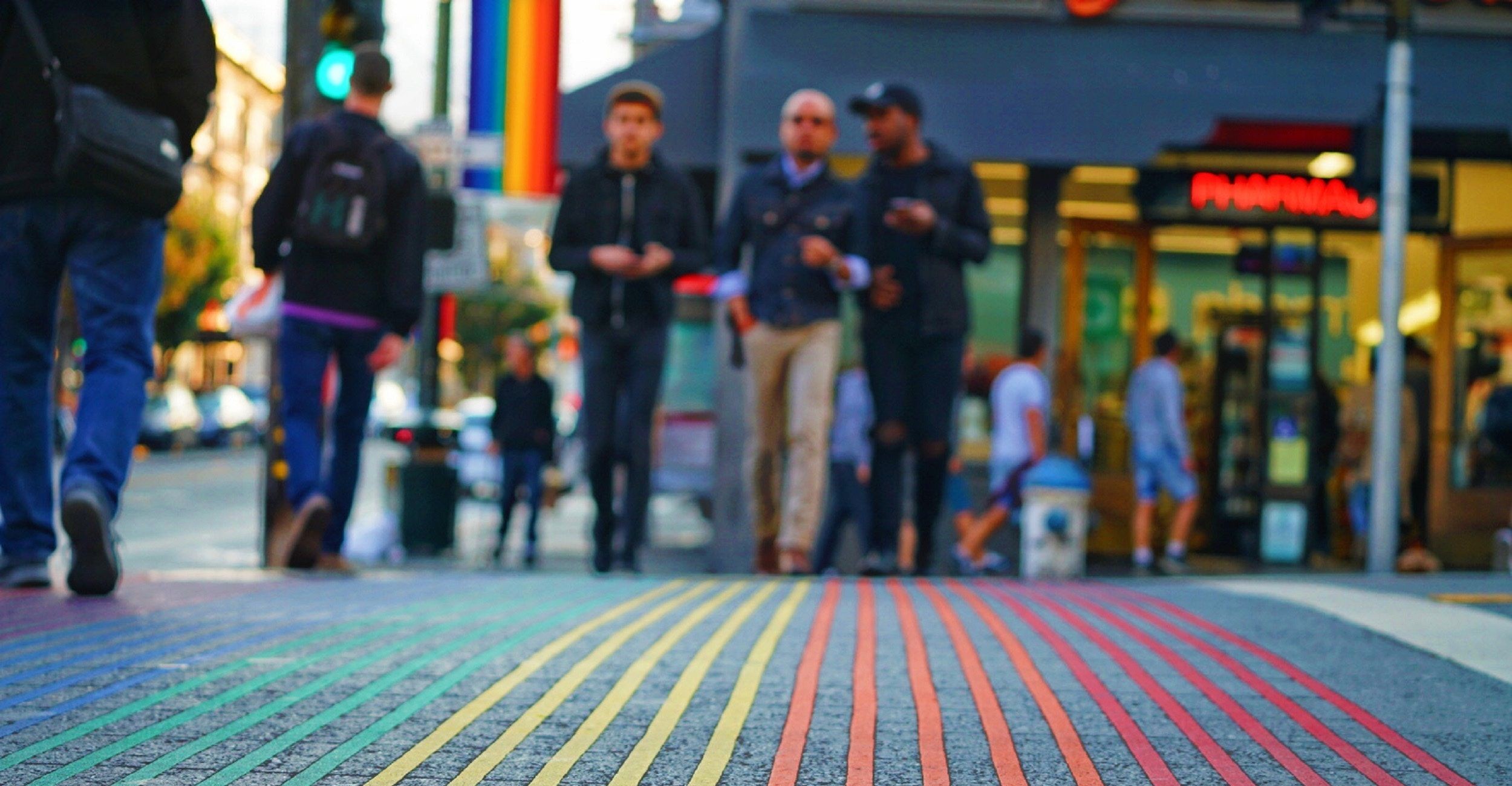Travel and the LGBT+ community
Those of us lucky enough to live and study in an inclusive environment have a sheltered idea of what homophobia means. To people like myself, homophobia is largely just getting dirty looks when walking hand in hand with another man, or being scared about coming out to friends and family.
This country is one of the best in the world for both legal and public acceptance of the LGBT+ community, and it can be very easy to forget how different the reality is around the world: especially when travelling.
To people like myself, homophobia is largely just getting dirty looks when walking hand in hand with another man
Just a week ago, British man Jamie Harron was sentenced to three months in prison in Saudi Arabia for touching another man’s hip while trying to get past him in a crowded bar; what was surely a completely innocuous act ended up with a conviction for “public indecency” because of the attitudes towards homosexuality in the country. If such a horrific thing can happen for such a small reason, what dangers do LGBT+ people face?
There are many countries where being openly, or even privately, LGBT+ is a dangerous reality. During the 2014 Winter Olympic Games held in Russia, the president Vladimir Putin said that gay people at the Winter Olympics “must leave children alone”. The most shocking part of this is not the implication that all homosexuals are paedophiles – a commonly-held belief in many parts of the country – but the fact that this was actually a concession on Putin’s part.
President Vladimir Putin said that gay people at the Winter Olympics “must leave children alone”
This statement represents a more accepting attitude to the LGBT+ community than the country is used to. In fact, it is one that has been resoundingly reversed following the rise of Chechnyan concentration camps.
Elsewhere, the situation is even bleaker. Turkey is a popular holiday destination for many British people but, for trans people, it is simply not an option. The brutal murder of prominent trans rights activist Hande Kader in August 2016 marked a turning point for the trans community.
The brutal murder of prominent trans rights activist Hande Kader in August 2016 marked a turning point for the trans community
As of a year after the killing, not a single suspect had been found and charged, and the increased visibility of the community has led to a rise in violence with little to no response from authorities. Homosexuality is not illegal in Turkey, and in fact there are many places in the country where attitudes towards same-sex couples are welcoming but, clearly, for trans people, this is not the case.
Sometimes the climate towards same-sex couples in popular tourist destinations can be very surprising to those who haven’t experienced it. Jamaica, a country portrayed in popular culture as happy and easy-going, is rife with homophobic violence.
The country has a large culture of “hate music”, where popular artists record extremely homophobic lyrics, inciting abuse and violence.
The increased visibility of the community has led to a rise in violence with little to no response from authorities
The resorts are normally safe (although they are often bubbles of white western tourists), but public displays of affection in towns and cities are generally unwise because they can be dangerous. In Kenya, homosexuality is illegal. Calls from public figures, such as Barack Obama, to change the law have been met with stricter enforcement of, and harsher penalties for, those caught breaking it.
On the other hand, travel in many places is better, and there are special facilities for LGBT+ travellers to have an inclusive and safe experience. There is a growing market for LGBT+ travel, with organisations such as the International Gay and Lesbian Travel Association and transholidays.com, which provide bespoke LGBT holidays.
There are special facilities for LGBT+ travellers to have an inclusive and safe experience
The power of the “pink pound” (the name for the collective money spent by LGBT+ people) is growing all the time. Many companies across the world are making their resorts LGBT+ friendly to capitalise off the money spent by LGBT+ tourists: estimated at about $350bn every year.
Is their motivation profit or inclusivity, and does the answer to that question matter when safe travel is being made available to LGBT+ people? While these are small steps forward, more progress still needs to be made.

Comments